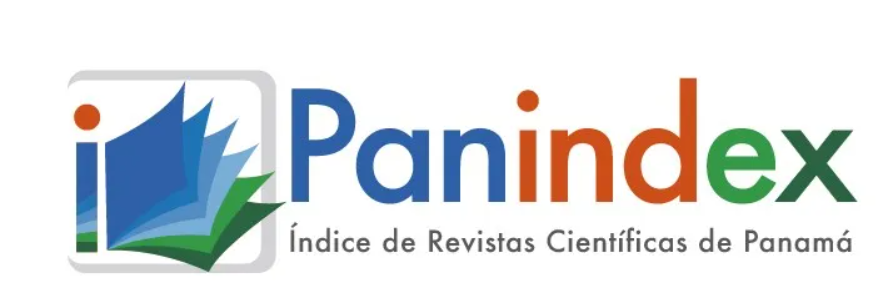The content of the publications and the links suggested in them are the sole responsibility of the authors and not of the METROPOLITAN UNIVERSITY OF EDUCATION, SCIENCE AND TECHNOLOGY (UMECIT) or CATHEDRA magazine. They are protected by international copyright laws just as the UMECIT and CATHEDRA logos, hence their reproduction is totally prohibited
This work is licensed under a Creative Commons Attribution-NonCommercial-NoDerivatives 4.0 International License.
The authors maintain the copyright and transfer the right of the first publication to the journal, with the article registered with Creative Commons Attribution-NonCommercial-NoDerivatives License, which allow others They can download the works published in this magazine and share them with other people, as long as their authorship is recognized, but they cannot be changed in any way nor can they be used commercially.
Authors are recommended to include their work in social networks such as Researchgate and institutional repositories once the article or visible fact has been published on the journal page, without forgetting to include the digital document identifier and the name of the journal.



Abstract
Panama, as a strategic country in the Central American region, faces the challenge of global terrorism, which has evolved and diversified. To counter this threat, the country has implemented several strategies focused on prevention and international cooperation. Panama has updated its legal framework to classify and punish acts of terrorism, aligning with international regulations, the country has established alliances with organizations such as the UN, the OAS and Interpol, participating in initiatives for the exchange of information and best practices, Training programs have been carried out for security forces in techniques of prevention and response to terrorist acts, awareness and education campaigns are promoted for citizens, encouraging the reporting of suspicious activities. Panama has improved its intelligence capacity to detect and prevent threats, including surveillance of extremist groups and analysis of financial networks. Through these strategies, Panama seeks not only to protect its territory, but also to contribute to regional and global security, understanding that terrorism is a problem that transcends borders and requires a joint and coordinated response.
Keywords
References
Código Penal de Colombia.
Código Penal Panameño.
Código Procesal Penal.
Constitución Nacional de la República de Panamá.
Convenios Internacionales sobre los Derechos Humanos.
Gómez R. (2010). El terrorismo en Panamá: Un estudio de caso de su evolución y características.
Instituto de Estudios Estratégicos y Políticas Públicas (IDEEPP). (2015). La lucha contra el terrorismo en Panamá.
Keefer, P., & Loayza, N. (2010). Terrorismo, economic development, and political openness.
Pérez Liñán, A., & Mainwaring, S. (2013). El terrorismo en América Latina y el Caribe.
Prévost, G., & Vanden, H. E. (2007). Terrorism in context: The nature and role of terrorism in Latin America.
Revista Internacional Consinter de Direito, No. 16. Vila Nova de Gaia, junio de 2023. Epub 01-diciembre-2023.
Sáenz, J. (2014). El delito de terrorismo y sus implicaciones jurídicas. Publicado en la publicación del Centro de Investigación Jurídica, Facultad de Derecho, Universidad de Panamá.
Downloads
Publication Facts
Reviewer profiles N/A
Author statements
- Academic society
- Universidad Metropolitana de Educación, Ciencia y Tecnología
- Publisher
- Universidad Metropolitana de Educación, Ciencia y Tecnología




















